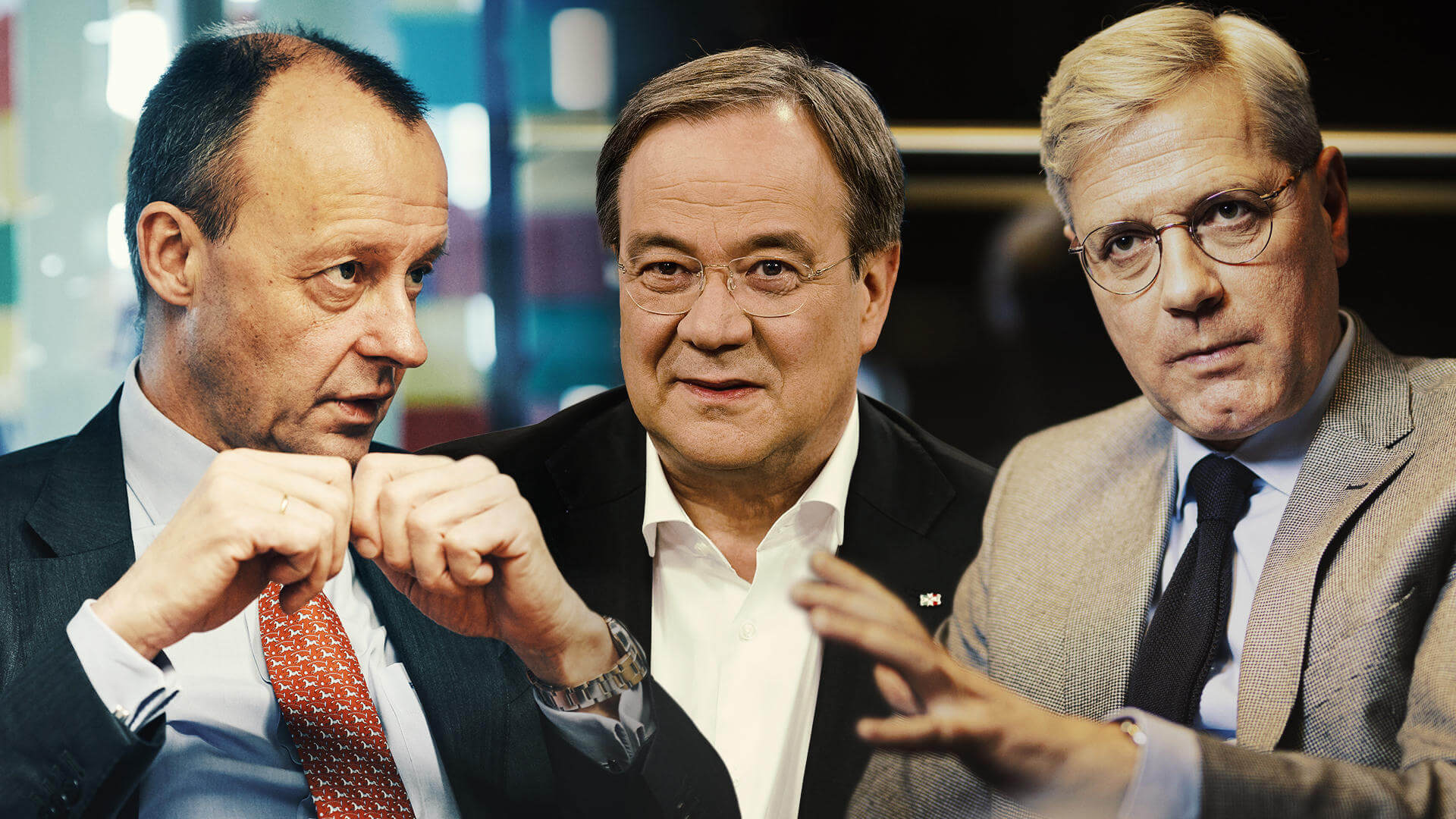On Monday, the Christian Democratic Union (CDU), German Chancellor Angela Merkel’s party, announced its decision to postpone the conference that was organised to elect its new leader. Paul Ziemiak, the Secretary-General of the party, said that the CDU officials’ decision resulted from the recent surge of COVID-19 cases in the country. Further, he said that the party’s leaders would re-evaluate the situation in mid-December. Although the party has been looking to convene an in-person meeting, they will proceed with the vote through a video conference if the situation does not improve. Ziemiak added that party leaders were in the process of assessing the legality of a virtual conference and voting through postal ballots.
Merkel has retained her position as the Chief of CDU for over twenty years now. In 2000, 897 out of 935 members of the party voted to bring Merkel into power, making her the first woman to lead a major political party in Germany. Five years later, she was elected as Chancellor. Her tenure has successfully survived several domestic and international crises—from the 2008 financial crisis to the 2015 migrant crisis, Merkel has retained her political influence in German politics. However, since 2017, with the rising popularity of the far-right Alternative for Germany (AfD) party, the CDU has been in a consistent downfall. Even its sister party, the Christian Social Union (CSU), faced major losses in state elections, with groups like the AfD increasingly expanding their influence in German politics.
This prompted Merkel’s 2018 declaration that she would not stand for the position of CDU Chief or Chancellor in the 2021 elections. Speaking at a press conference, she said, “I will not be seeking any political post after my term ends.” Taking “full responsibility” for the growing unpopularity of her party, she stated, “As chancellor and leader of the CDU I’m politically responsible for everything, for successes and failures … When people are telling us what they think of how the government was formed and what they think of our work during the first seven months of this parliament … then it is a clear signal that things can’t carry on as they are … The time has come to open a new chapter.”
The position of the CDU leader is extremely crucial, as the selected candidate is likely to be the party’s candidate for Chancellor in the upcoming 2021 federal elections. Currently, there are three members of the CDU in the running for the position. The first is Armin Laschet, the leader of the North Rhine-Westphalia state. The second is Friedrich Merz, Merkel’s arch-rival, and the most conservative out of the three. His bid for the position of the Chairperson of the CDU marks his return to politics after seven years in the private sector. The third is Norbert Rottgen, an expert in foreign policy.
However, the aspirations of the three CDU leaders are being challenged by Markus Soder, a leader from CSU in Bavaria. While traditionally, the CSU candidate does not compete with his CDU counterparts for the Chancellor position, Soder has become increasingly popular following his successful handling of the COVID-19 pandemic in Bavaria.
While all the other candidates have supported the delay, Merz has come out strongly criticising the party’s decision to delay the vote. He alleges that the “party establishment” had deliberately made these moves to dilute his chances of becoming the CDU chief. Speaking to the Welt newspaper, he said, “I have clear indications that Armin Laschet got out the message that he needs more time to improve his performance.”
The race for the position of the CDU leader has not been without controversy. After Merkel decided to step down in 2018, erstwhile party secretary and loyalist Annegret Kramp-Karrenbauer, popularly known as AKK, took over as the chief of the CDU. However, earlier this year, AKK stepped down after facing significant backlash following a controversial election in the state of Thuringia. During this election, the CDU formed a coalition with the AfD, thereby going back on its promise to never work with the far-right parties in Germany. Several party members and the public considered this as indicative of the growing fragmentation in the CDU and the weak leadership of AKK.
Germany’s CDU Delays Vote to Decide Merkel’s Replacement Once Again
Currently, there are three candidates fighting for the position of the chief of the Christian Democratic Union—Armin Laschet, Friedrich Merz, and Norbet Rottgen.
October 27, 2020

SOURCE: T-ONLINE
